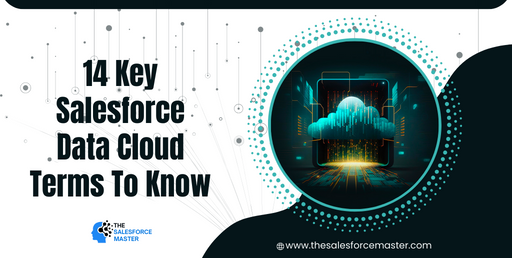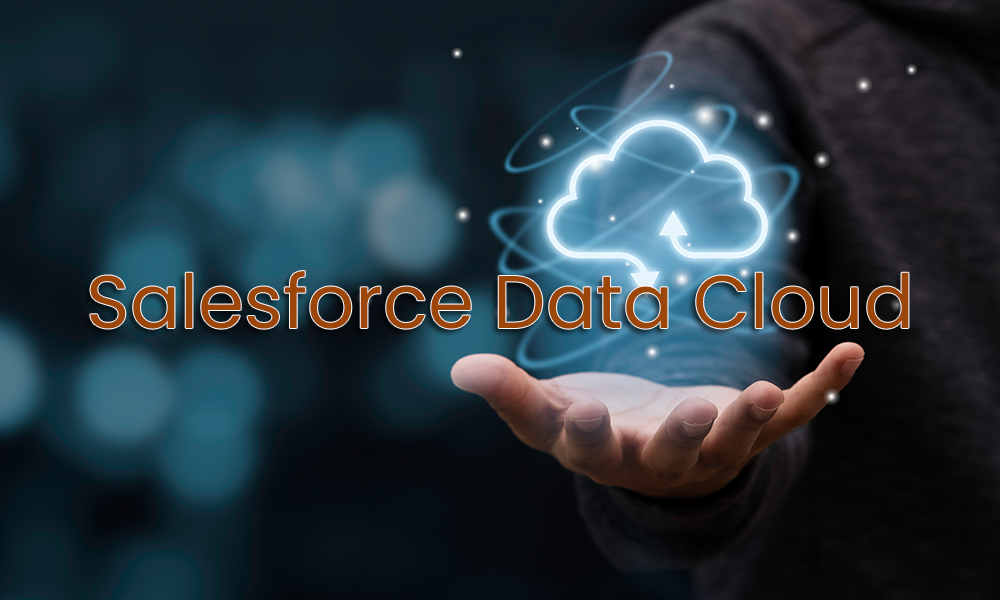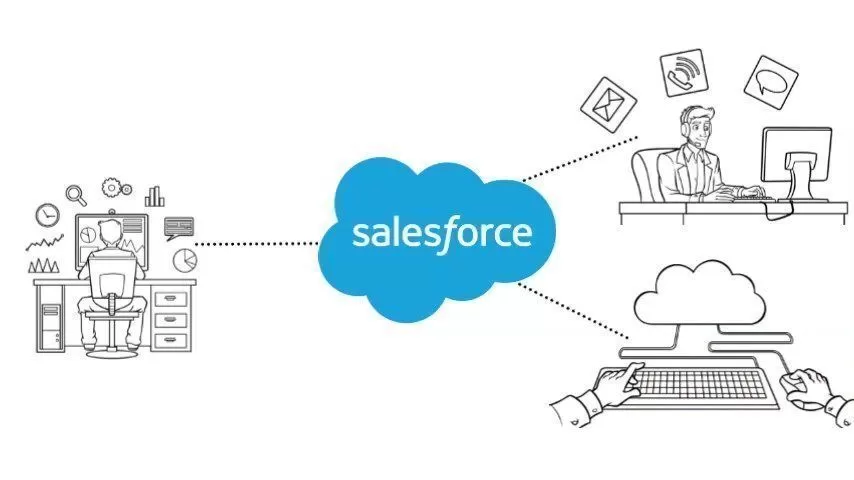
Here are 14 key terms related to Salesforce Data Cloud:
1. Salesforce Data Cloud:
Also known as Salesforce Customer 360 Data Manager, it is a platform that allows businesses to securely access, manage, and integrate third-party data sources with their Salesforce environment.
2. Data Enrichment:
The process of enhancing existing customer data with additional information from external sources, such as demographic data, firmographics, or behavioural insights.
3. Data Integration:
The process of combining data from various sources and systems into a unified view within Salesforce, enabling comprehensive data analysis and reporting.
4. Data Exchange:
A marketplace within Salesforce Data Cloud where organizations can buy, sell, or share data securely with other businesses.
5. Data Privacy and Compliance:
Refers to the set of policies and practices ensuring that data handled within Salesforce Data Cloud adheres to relevant data privacy regulations, such as GDPR or CCPA.
6. Data Matching:
The process of identifying and merging similar or duplicate records from different data sources to create a single, accurate view of a customer or entity.
7. Data Cleansing:
The process of detecting and correcting errors or inconsistencies in data to improve its quality and reliability.
8. Data Governance:
The framework of policies, procedures, and controls implemented to ensure the proper management, usage, and security of data within Salesforce Data Cloud.
9. Data Segmentation:
The process of dividing a dataset into distinct subsets based on specific criteria, such as demographics, behavior, or preferences, to enable targeted marketing or personalized communication.
10. Data Monetization:
The practice of generating revenue by licensing or selling access to proprietary data assets through the Salesforce Data Cloud platform.
11. Data Partner:
An organization or entity that collaborates with Salesforce Data Cloud to provide or exchange data, enabling mutual benefits such as enhanced analytics or customer insights.
12. Data Source:
A system, database, or application from which data is collected and integrated into Salesforce Data Cloud for analysis, reporting, or other purposes.
13. Data Pipeline:
The series of processes and technologies used to extract, transform, and load (ETL) data from various sources into Salesforce Data Cloud for storage and analysis.
14. Data API:
Application Programming Interfaces (APIs) provided by Salesforce Data Cloud that allow developers to programmatically access, manipulate, and integrate data from external systems or applications.
Conclusion
Understanding these terms can help businesses effectively leverage Salesforce Data Cloud to enhance customer relationships, drive growth, and make informed decisions based on comprehensive data insights.

